
Today 2.2 billion people are living without access to safe water and this number is increasing.
On this World Water Day we join the United Nations in raising awareness to growing water scarcity problems and analysing a critical and timely theme of melting glaciers that often referred to as the "water towers of the world”.
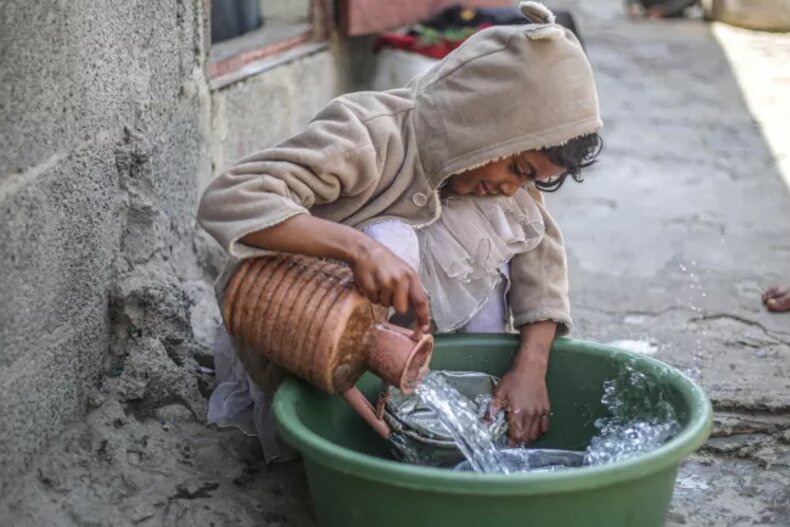
As the planet heats up, these frozen reservoirs are shrinking, disrupting the water cycle and leading to unpredictable and extreme weather patterns.
Glacial retreat poses a significant threat to billions of people who rely on meltwater for drinking, agriculture, and energy.
The consequences are dire: increased flooding, prolonged droughts, landslides, rising sea levels, and the destruction of ecosystems.
Today, we see how all these issues lead to higher tensions and conflicts in affected regions.
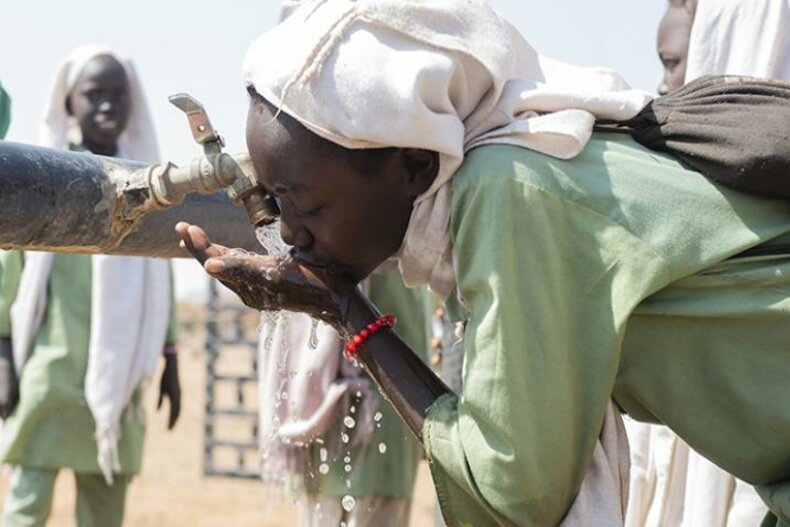
Water is a powerful force that can either foster peace or trigger conflict. When water is scarce, polluted, or unequally distributed, tensions can escalate between communities and nations.
Over 3 billion people depend on water that crosses national borders, yet only 24 countries have established cooperation agreements for shared water resources.
In the context of glacier preservation, international cooperation is essential. Countries that share transboundary water resources from glaciers must collaborate by sharing knowledge, data, and strategies for water conservation.
This cooperation is critical to managing the regional impacts of glacier melt, such as water shortages and flooding.
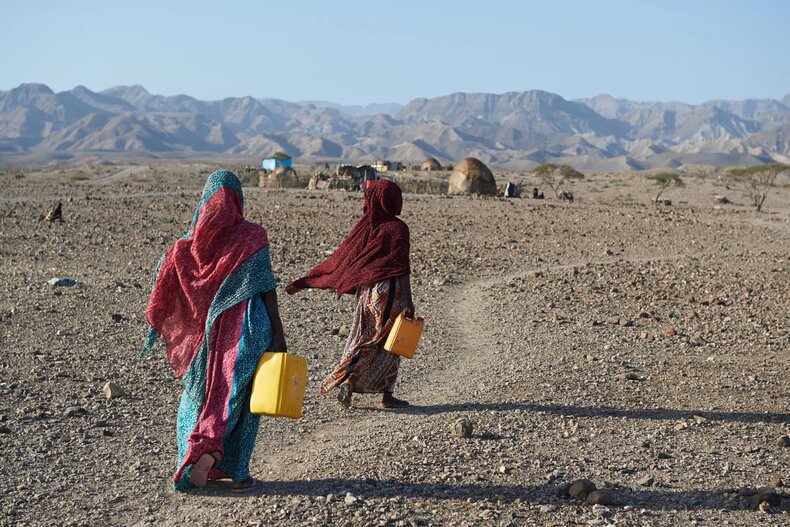
The increasing pressures of climate change and population growth make it imperative for nations to unite in protecting and conserving water.
Public health, food and energy systems, economic productivity, and environmental integrity all depend on a well-managed water cycle.
Strengthening water resource management is vital, particularly in managing glacial runoff to prevent both scarcity and flooding.
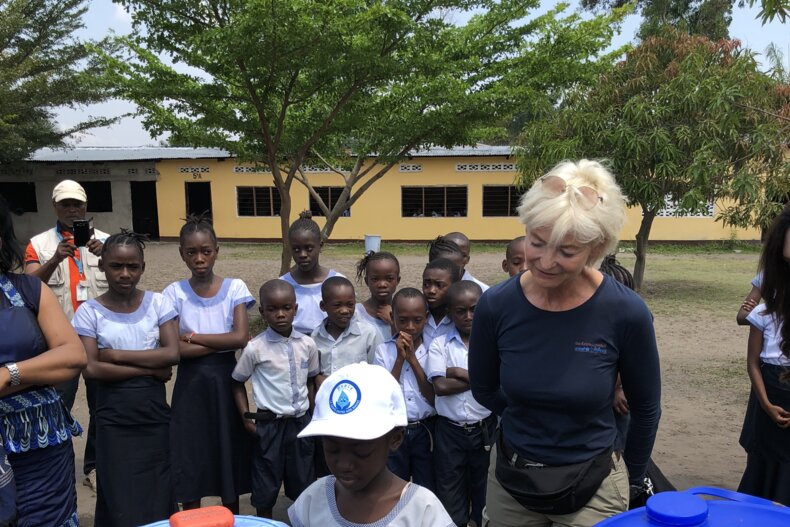
Urgency is a matter of water security. Access to safe water is not just a convenience - it is a matter of survival.
UNICEF defines "safe" water as water that is accessible, available when needed, and free from contamination. Yet, today, 4 billion people - almost two-thirds of the global population - experience severe water scarcity for at least one month each year.
Additionally, by 2040, an estimated 1 in 4 children worldwide will live in areas of extremely high water stress. In this case, the burden of water scarcity falls disproportionately on women and girls. In 7 out of 10 households without a water connection, women and girls are responsible for fetching water.
This arduous task often prevents them from attending school, socializing, or engaging in activities essential for their development.

The devastating effects of water scarcity are evident in communities around the world. Ann Kathrin Linsenhoff and her daughter Liselott Marie witnessed these challenges firsthand during their 2022 project trip to Nepal.
They met girls and young women who shared their struggles with accessing clean water, which often forced them to miss school and endure harsh living conditions.
In emergency situations, such as the ongoing crisis in Sudan, access to clean water is a matter of life and death. Similarly, the war in Ukraine has destroyed critical water infrastructure, leaving millions without access to safe water and sanitation.
Ann Kathrin Linsenhoff saw the dire consequences of this during her visit to Bucha in March 2024, where water shortages have severely impacted health and hygiene.
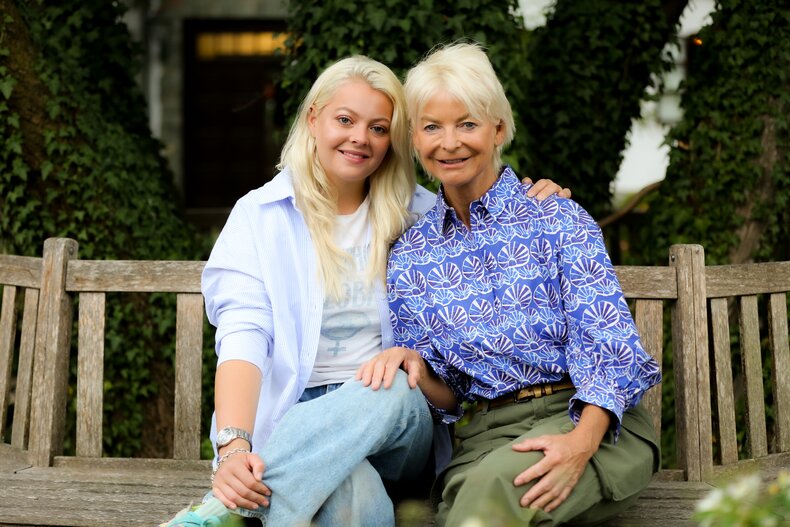
Water is not just a resource - it is a human right!
Access to clean water and sanitation is essential for survival, development, and dignity, especially for children and vulnerable populations.
On World Water Day 2025, we must unite to address the global water crisis and prioritize glacier preservation as a critical component of sustainable water management.
Yours
sincerely

